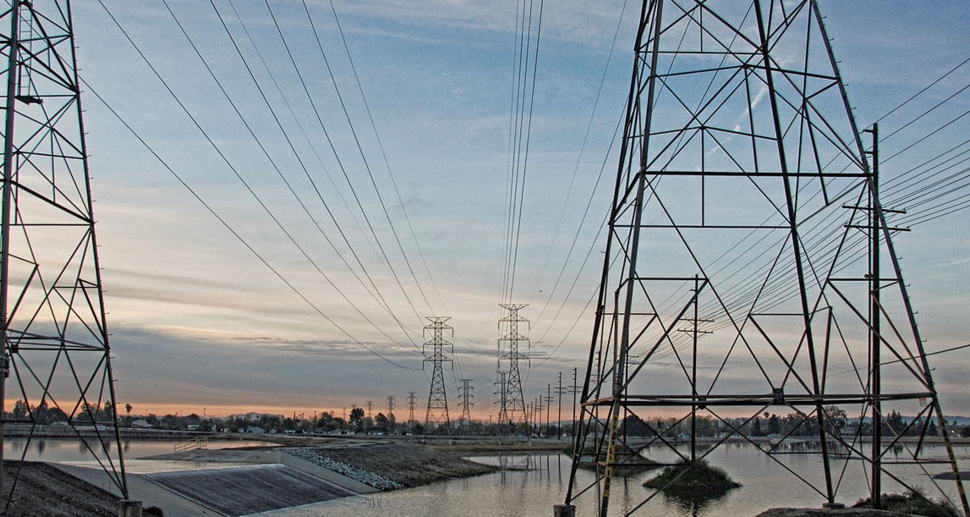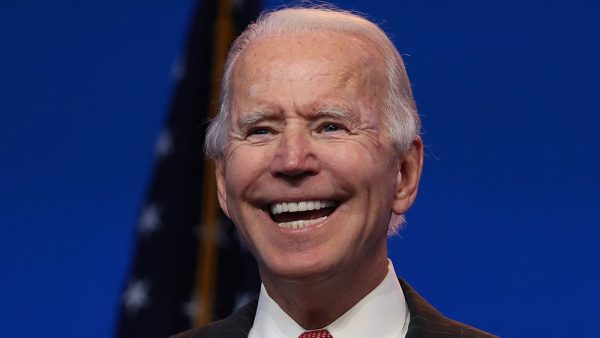 Parler
Parler Gab
Gab
Illinois' shift to clean energy leads to energy generation shortfall
Experts have noted that Illinois' current energy generation shortfall and increased costs are due to a combination of the inflation crisis and the state's push towards clean energy. "The reality is we're not building new coal facilities, and we're phasing out coal facilities and we're not building new natural gas transmission facilities and that's leaving our zone short of the energy we may need," said Tucker Kennedy, Ameren's communications director for Illinois. Some coal-fired electric power plants in the state have shut down. State regulators assumed that these plants would keep running for at least one or two more years before coming offline as the state transitions toward getting more of its energy from renewables. But some plant operators have chosen to shut down their facilities ahead of schedule. They are being forced to invest in upgrades for their plants so that they remain in compliance with both the state's and the federal government's long-term clean energy goals. These coal plant operators would rather pull out now and save money rather than be forced to spend on upgrades for facilities that will only be running for another few years. The state's issues will be compounded in September, when the Joppa Power Plant in southern Illinois shuts down. The coal-fired plant is owned by the Texas-based energy company Vistra. The company's CEO, Curtis Morgan, said "legal and economic challenges … and significant maintenance costs" are making it difficult for the company to keep operating the plant. "We are starting to see the results of energy policy changes that were enacted in 2017 and again last year," said Donovan Griffith, director of government affairs at Illinois Manufacturers' Association. In Sept. 2021, Illinois' Democratic Gov. J.B. Pritzker signed the Climate and Equitable Jobs Act (CEJA) into law. This legislation will move the state to 100 percent clean energy by 2050 and require fossil fuel power plants to close by 2045. "The first goal was 20 percent renewable by 2020. It was later amended by CEJA to be 25 percent in 2025. Today it is less than 10 percent," said Griffith. Over the last few weeks, conservative politicians and economic leaders in the state have criticized CEJA for contributing to Illinois' current power generation issues. But the governor maintained that the fault isn't in the state's transition to green energy. "It's a process that goes all the way until 2038 and beyond, so nobody should think what we passed in CEJA is reducing the amount of energy that we're able to provide across the State of Illinois," said the governor. "What we are doing is incentivizing the creation of more energy production in our state." Kennedy does not have any problems with the state's move to clean energy. But he said the transition must be done in a measured way. "If you phased those dispatchable generation sources too quickly and you don't have renewables to fill that void, you'll be short, and that's the situation we're going to find ourselves in this summer and potentially next summer," said Kennedy. Find more stories like this at PowerGrid.news. Watch this clip from The New American as host Alex Newman speaks with Maine congressional candidate and retired Navy SEAL Ed Thelander about how the government is practically sanctioning itself with its attacks on energy production. This video can be found in the channel The New American on Brighteon.com.More related articles:
Texas electricity use surpasses all-time record amid scorching heat… but the grid is holding together for now. Shifting to green energy is currently impossible due to global shortage of batteries and minerals needed for energy storage. Biden says Americans have to get ready for more blackouts as energy infrastructure nears breaking point. Another nuclear plant closed down in Michigan as America's energy grid gets systematically dismantled. Half of America to go dark this summer due to Biden's "Build Blackouts Better." Sources include: Wirepoints.org WSILTV.com CentralIllinoisProud.com Brighteon.com“Morally and intellectually corrupt”: UCLA professor resigns in protest over viewpoint intolerance
By News Editors // Share
The end of meat? Dutch “green” policies force dairy farmer to cull 95% of his herd
By Ethan Huff // Share
Governments continue to obscure COVID-19 vaccine data amid rising concerns over excess deaths
By patricklewis // Share
Tech giant Microsoft backs EXTINCTION with its support of carbon capture programs
By ramontomeydw // Share
Germany to resume arms exports to Israel despite repeated ceasefire violations
By isabelle // Share










